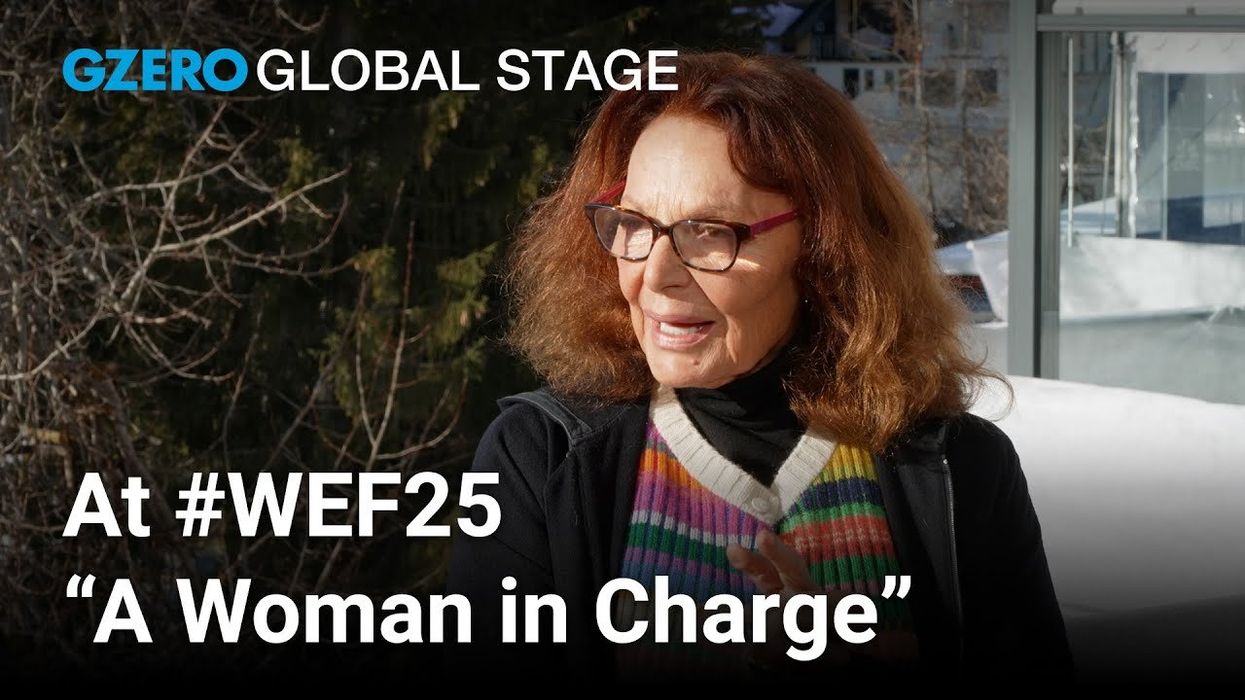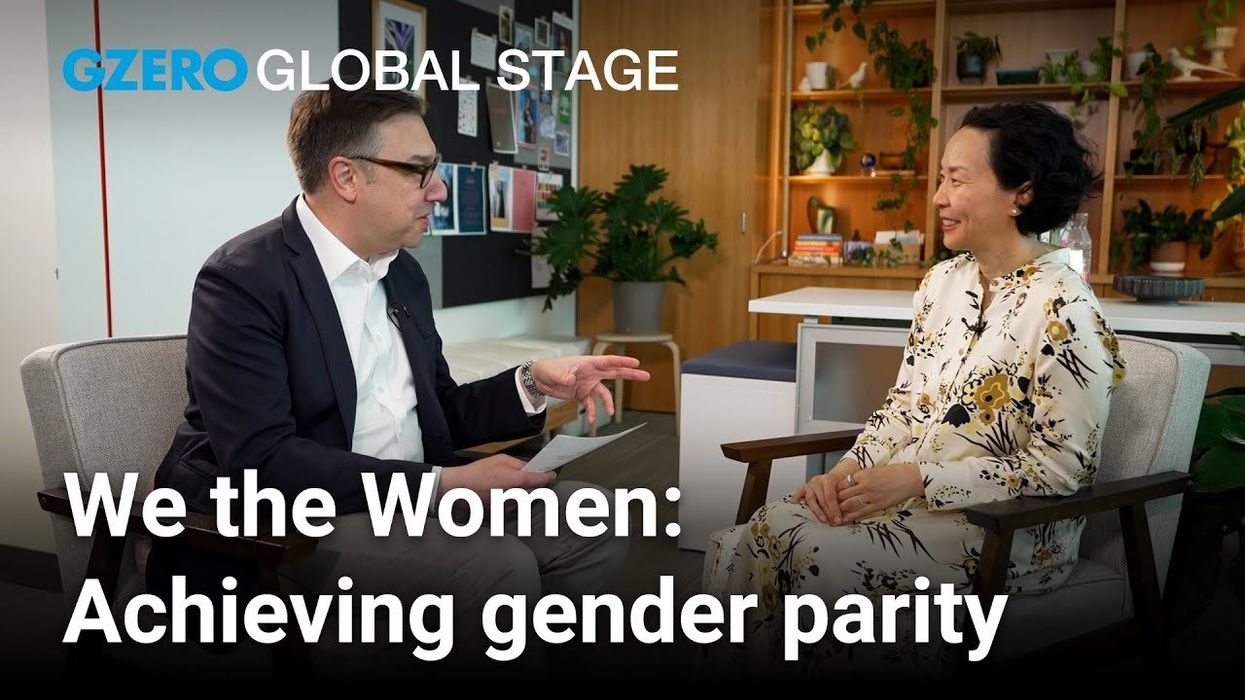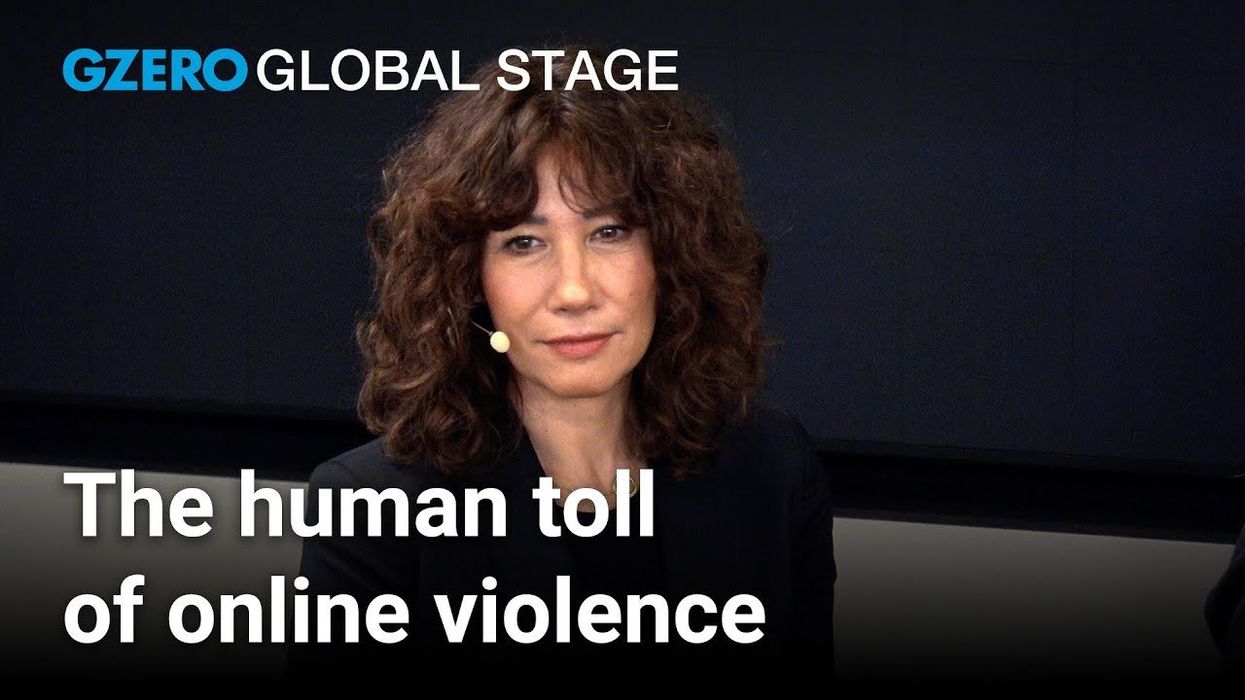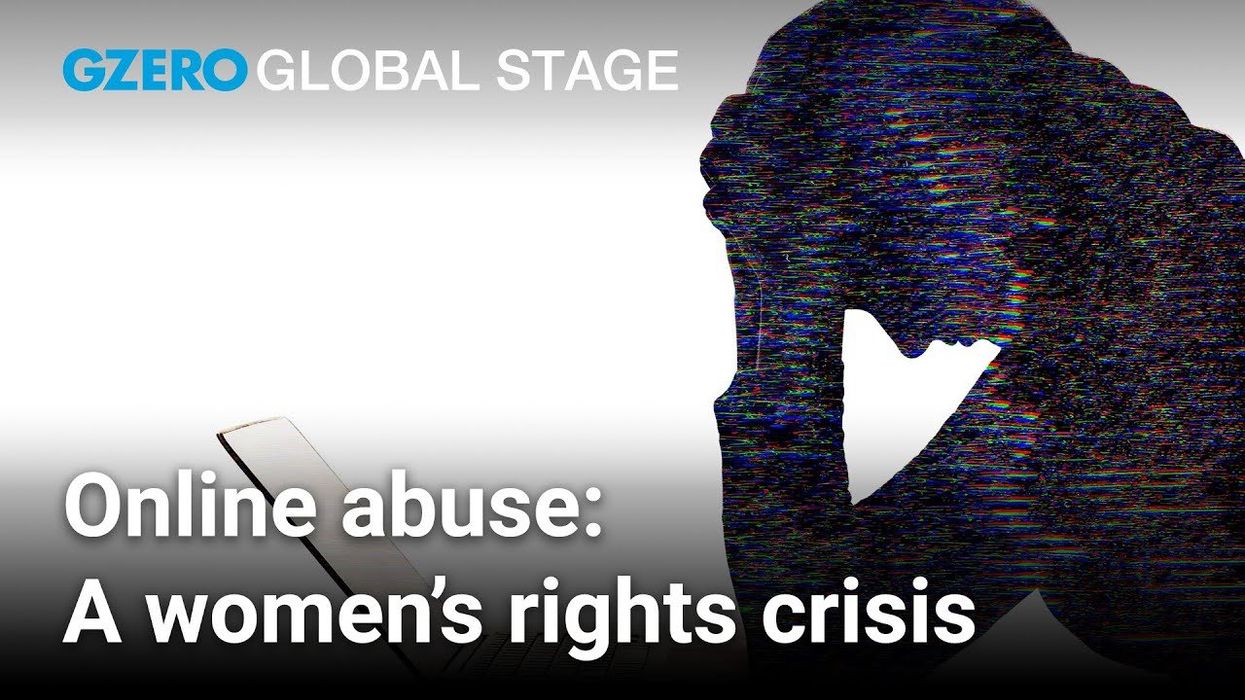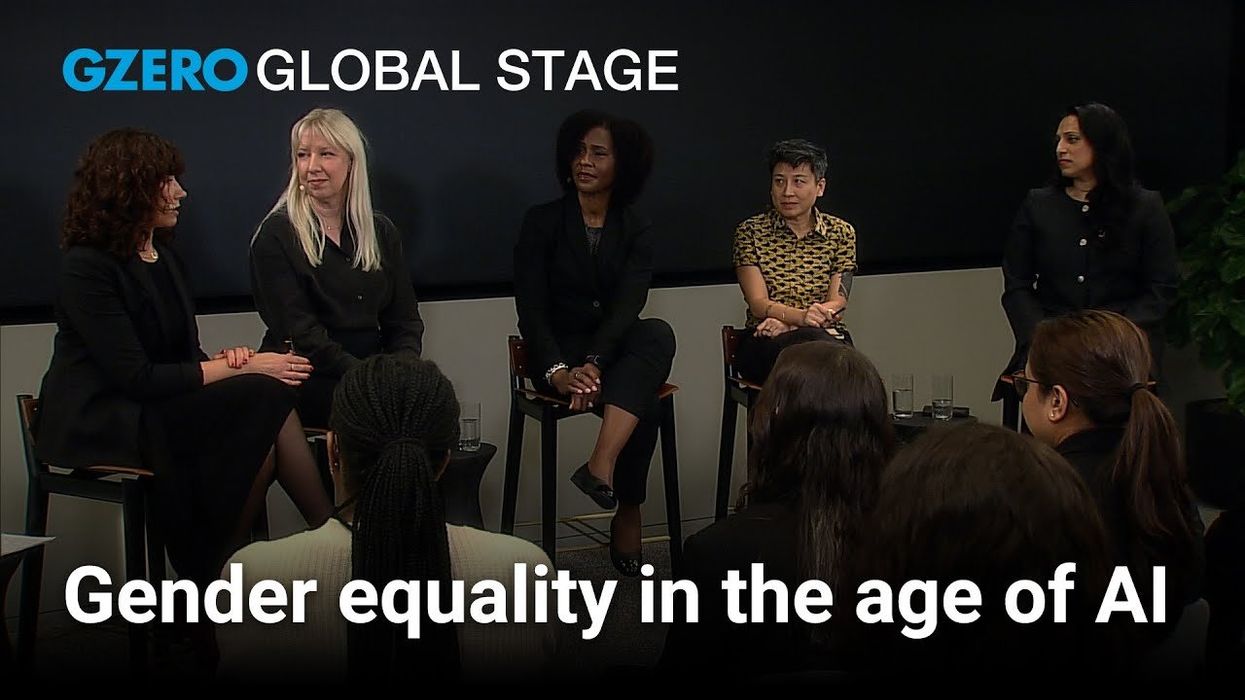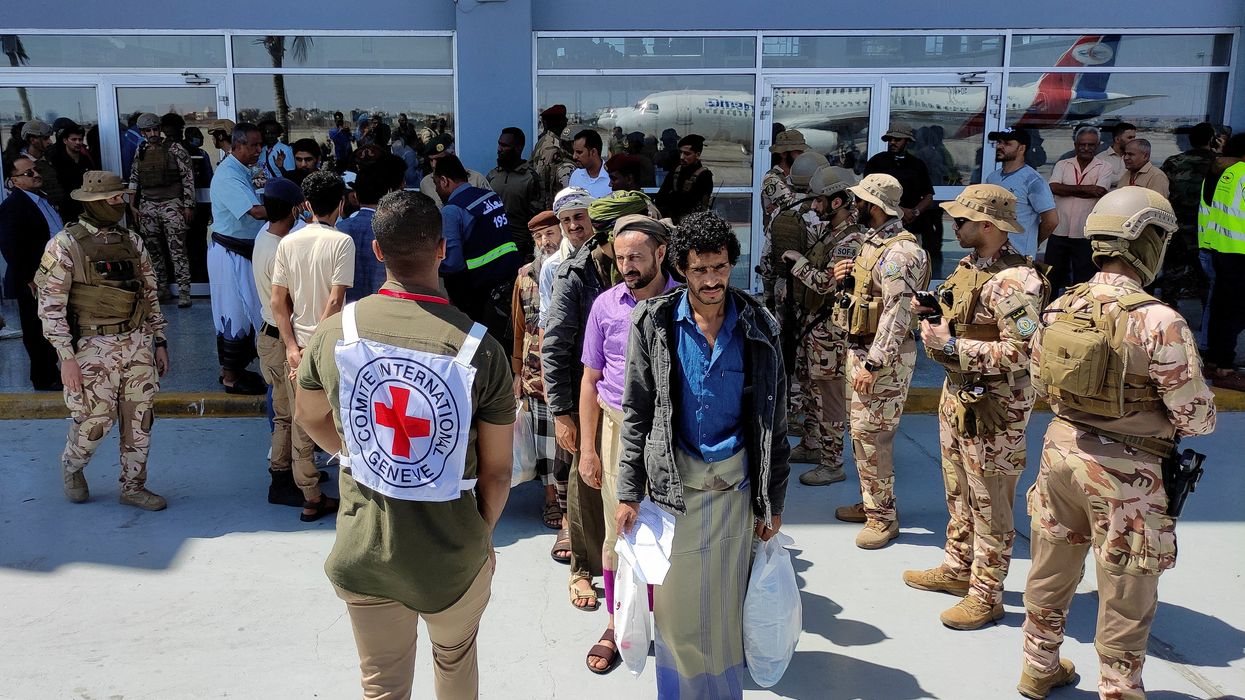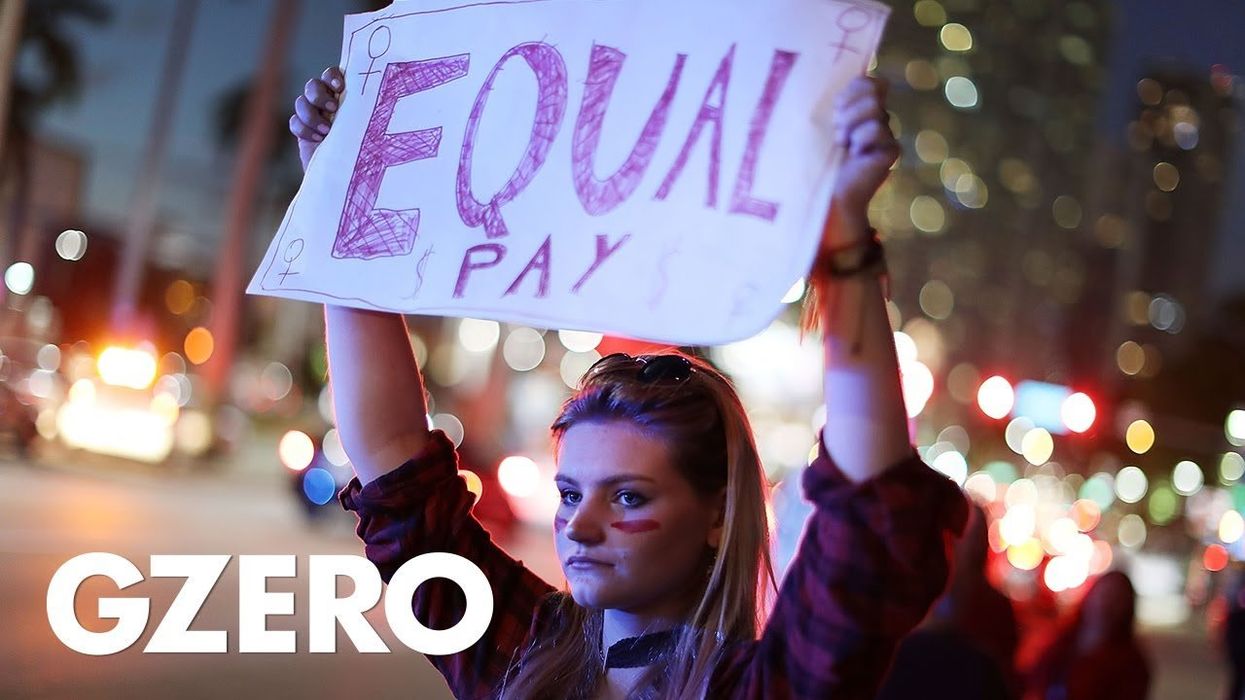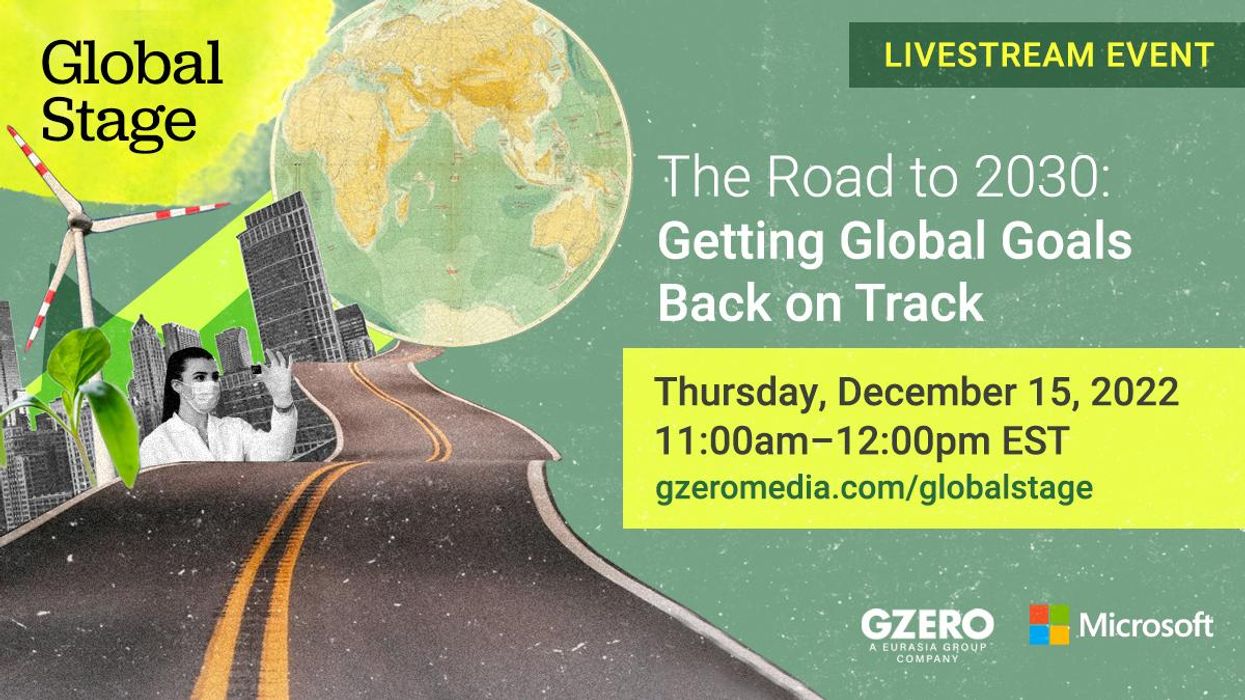Analysis
20 years after Merkel, men still hold most top offices
Angela Merkel was elected chancellor of Germany on November 22, 2005, becoming the first woman to hold that job. During that time Merkel was arguably the most powerful woman in the world, presiding over one of its largest economies for four terms in the Bundesregierung. Twenty years on, the anniversary is a reminder of how singular her breakthrough remains. It’s still the exception when a woman runs a country.
Nov 21, 2025

